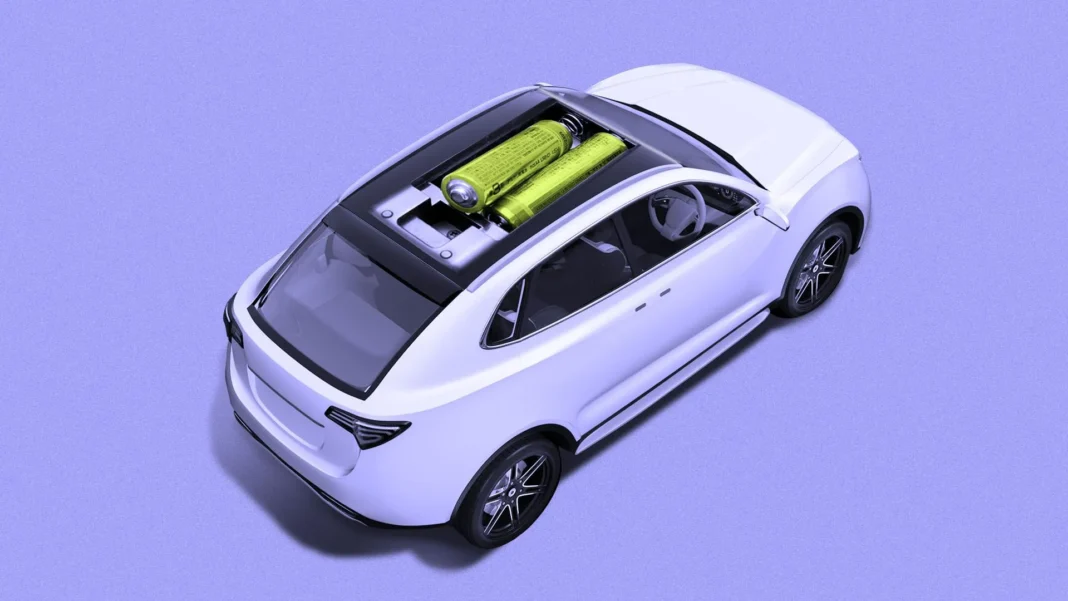Electric vehicles (EVs) have gained significant popularity in recent years as a sustainable alternative to traditional internal combustion engine vehicles. They offer reduced emissions, lower operational costs, and a greener transportation solution. However, despite their many advantages, electric vehicles face an efficiency problem that needs to be addressed. In this article, we will explore the challenges surrounding the efficiency of electric vehicles and delve into potential solutions to optimize their performance and enhance their overall efficiency.
- Battery Technology and Energy Storage:
The primary factor affecting the efficiency of electric vehicles is their battery technology and energy storage capabilities. While lithium-ion batteries, which are commonly used in EVs, have improved significantly, they still have limitations. These include issues like limited energy density, charging time, and degradation over time. To overcome these challenges, research and development efforts are focused on developing advanced battery technologies, such as solid-state batteries and lithium-sulfur batteries, which offer higher energy densities and improved performance.
- Range Anxiety and Charging Infrastructure:
Range anxiety, the fear of running out of battery charge before reaching the destination, is a significant concern for potential electric vehicle buyers. This anxiety arises due to the limited driving range of EVs compared to traditional gasoline-powered cars. Additionally, the availability and accessibility of charging infrastructure play a vital role in reducing range anxiety. Expanding the charging network, including fast-charging stations and home charging solutions, is crucial to improving the convenience and efficiency of electric vehicles.
- Energy Losses During Charging and Discharging:
The process of charging and discharging electric vehicle batteries is not 100% efficient, resulting in energy losses. These losses occur due to various factors, such as resistance in the charging cables, heat dissipation, and chemical reactions within the battery cells. Manufacturers and researchers are working to minimize these losses by optimizing charging algorithms, improving battery management systems, and enhancing the overall energy efficiency of electric vehicle components.
- Vehicle Weight and Aerodynamics:
Another aspect affecting the efficiency of electric vehicles is their weight and aerodynamic design. Electric vehicles tend to be heavier than conventional cars due to the battery packs. The increased weight requires more energy to move the vehicle, reducing overall efficiency. Additionally, the aerodynamic drag caused by the vehicle’s shape affects energy consumption, especially at higher speeds. Automakers are investing in lightweight materials, advanced manufacturing techniques, and aerodynamic designs to minimize energy losses and improve efficiency.
- Regenerative Braking and Energy Recovery:
Electric vehicles have an advantage in their ability to utilize regenerative braking, which converts kinetic energy into electrical energy, effectively recovering some of the energy that would be lost during braking. By capturing and storing this energy in the battery, electric vehicles can improve their overall efficiency. Enhancements in regenerative braking systems and energy recovery technologies are being explored to maximize energy recapture and minimize energy wastage.
- Integration with Renewable Energy Sources:
The efficiency of electric vehicles can be further improved by integrating them with renewable energy sources, such as solar and wind power. By charging EVs using clean energy, their environmental benefits are amplified, and dependency on fossil fuels is reduced. Smart charging solutions, vehicle-to-grid (V2G) technology, and optimized energy management systems can facilitate the seamless integration of electric vehicles with renewable energy sources, promoting sustainability and efficiency.
- Education and Awareness:
Promoting education and awareness about electric vehicle efficiency is essential for widespread adoption. Educating consumers about driving techniques for maximizing range, highlighting the benefits of efficient charging practices, and providing information on the latest advancements in battery and charging technologies can empower users to make informed decisions and contribute to the efficient use of electric vehicles.
- How inefficient are electric cars?
Electric cars have come a long way in terms of efficiency, but they still face some challenges compared to traditional internal combustion engine vehicles. Factors such as battery technology, charging infrastructure, and energy losses during charging and discharging impact the overall efficiency of electric cars. However, continuous advancements in battery technology and improvements in charging infrastructure are steadily improving the efficiency of electric vehicles.
- What is the major problem with using electric vehicles?
While electric vehicles offer numerous advantages, the major problem associated with their use is range anxiety. Electric cars typically have a limited driving range compared to gasoline-powered vehicles, which can cause concerns among potential buyers. Overcoming range anxiety requires the expansion of charging infrastructure and the development of advanced battery technologies to improve the overall range and convenience of electric vehicles.
- What are 3 drawbacks of electric vehicles?
Despite their many benefits, electric vehicles still have a few drawbacks to consider:
a) Limited Driving Range: Electric cars have a more limited driving range compared to traditional vehicles, which can cause range anxiety and the need for frequent charging.
b) Charging Infrastructure: The availability and accessibility of charging stations can be a challenge, especially in certain areas. Expanding the charging infrastructure network is crucial to support the widespread adoption of electric vehicles.
c) Longer Charging Times: Charging an electric vehicle takes longer than refueling a gasoline car. While fast-charging stations are becoming more common, the charging time is still longer compared to a quick stop at a gas station.
- Are electric cars 100% efficient?
Electric cars are not 100% efficient due to various factors that result in energy losses during the charging and discharging processes. These losses can occur due to resistance in charging cables, heat dissipation, and chemical reactions within the battery cells. However, advancements in battery technology, charging algorithms, and energy management systems are continuously improving the efficiency of electric vehicles, reducing energy losses and maximizing their overall performance.











